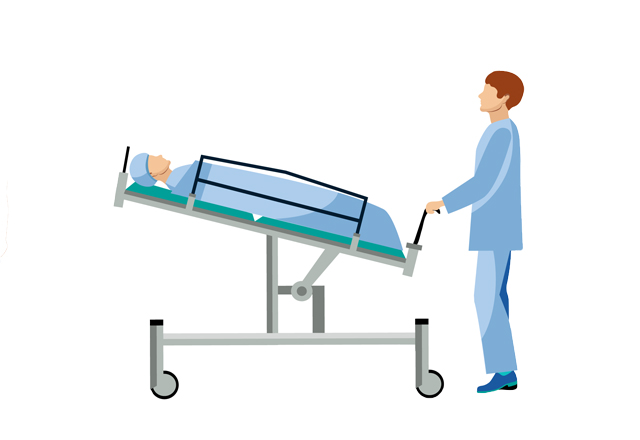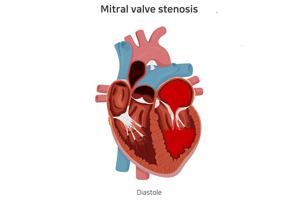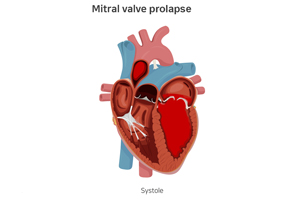Innovative Surgical Treatment for
Mitral Valve Disease
Mitral valve disease occurs when the mitral valve fails to open and close properly. This can cause blood to flow backward through the valve (regurgitation) or the valve can become narrowed (stenosis), which makes the heart work harder to pump blood to the body.
The Johns Hopkins Hospital has received the Mitral Valve Repair Reference Center Recognition Award, which recognizes centers in the United States with a demonstrated record of superior clinical outcomes in degenerative mitral valve repair resulting from evidence-based guideline treatment. Johns Hopkins is one of less than 25 Mitral Valve Repair Reference Centers in the U.S. that have earned this distinction.
Our team has expertise in all types of mitral valve disease and provide comprehensive repair and replacement for all patients.
Why Choose Johns Hopkins for Mitral Valve Replacement or Repair
World-Renowned Experts
Our experts are experienced in treating all types of mitral valve disease and perform the most mitral valve procedures in the mid-Atlantic region.

Advanced Surgical Techniques
We provide a specialized approach to mitral valve surgery, we are the only program in the region that uses the translocation technique to treat mitral valve regurgitation.

Multidisciplinary Care
We collaborate with structural heart experts, pediatric and other cardiac surgeons to create a comprehensive treatment plan for you.

Frequently Asked Questions about the Mitral Valve
Cardiac surgeon, Dr. James Gammie, answers common questions about the mitral valve, such as what is mitral valve regurgitation, how significant it is to a person’s health to have this diagnosis, and how the mitral valve regurgitation is treated by repair or replacement surgery.
Mitral Valve Regurgitation
When the mitral valve doesn't close properly it can cause a leakage, where blood flows backward into your heart instead of outward to the rest of your body.
Learn more about mitral valve regurgitation.

Mitral Valve Stenosis
Mitral valve stenosis occurs when the mitral valve is narrowed and doesn't open properly which can lead to a lack of blood flow to the left ventricle of the heart (main chamber where the heart pumps).
Learn more about mitral valve stenosis.

Mitral Valve Prolapse
When the one or both of the valve flaps of the mitral valve are enlarged they may turn inward and cause mitral valve regurgitation.
Learn more about mitral valve prolapse.

Patient Resources Mitral Valve Repair or Replacement Surgery Overview
-
Mitral Valve Repair
This procedure repairs a diseased mitral valve using several techniques to treat all types of valve disease. Patient outcomes are often more successful compared to mitral valve replacement surgery.
-
Mitral Valve Replacement
This procedure involves replacing a diseased mitral valve with an artificial valve which is either mechanical or created from other biological tissue. Mitral valve replacement is usually the last resort of treatment.



